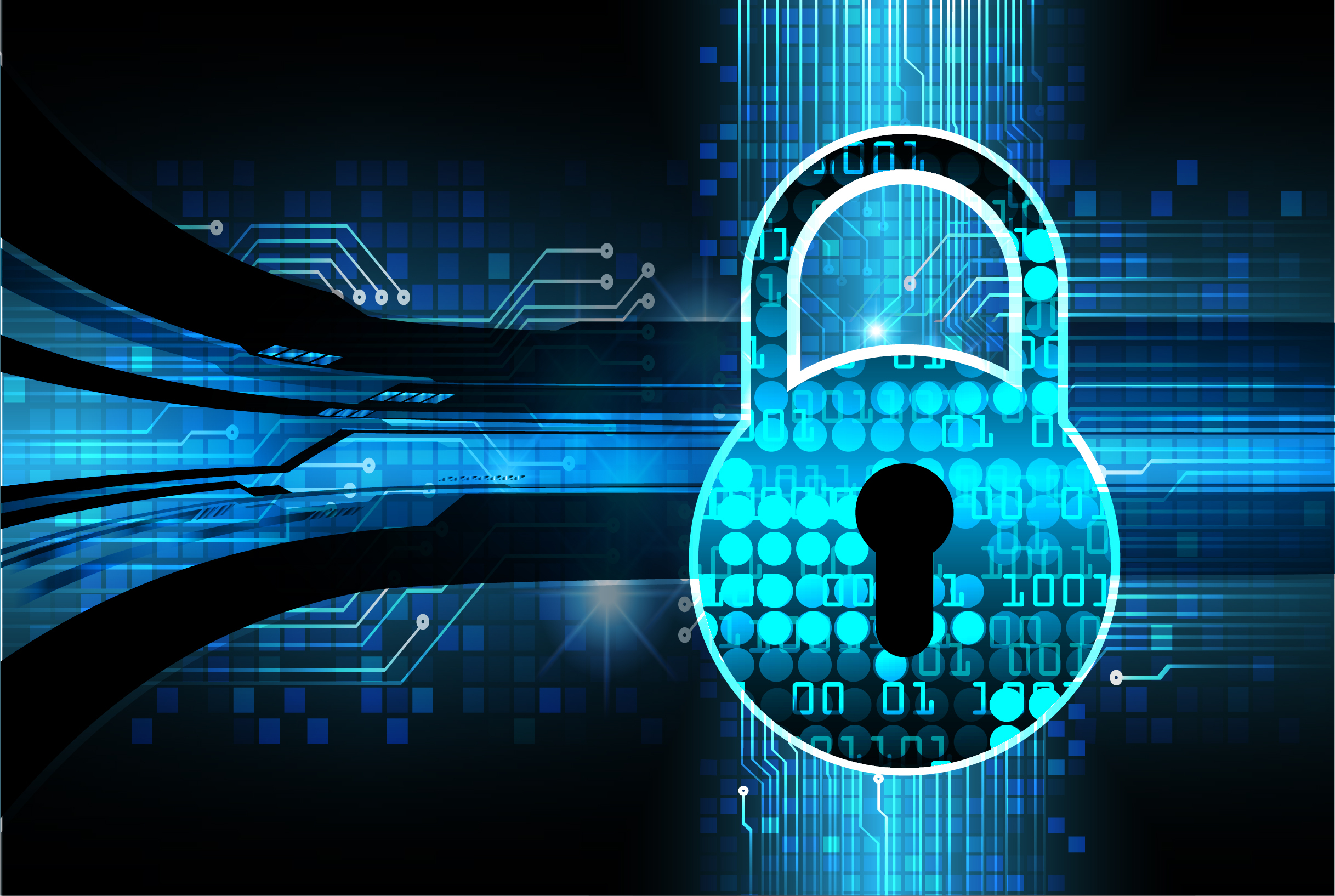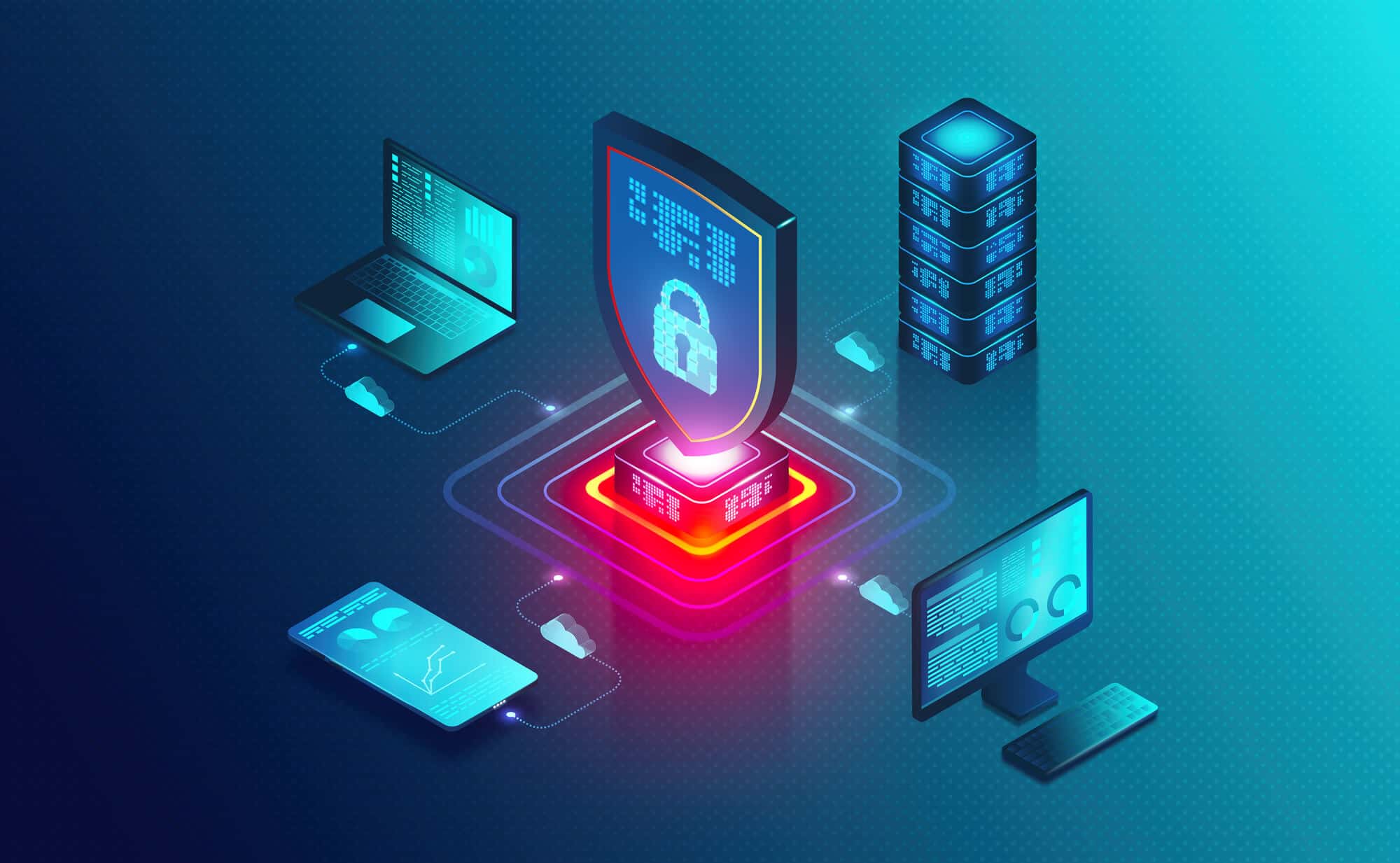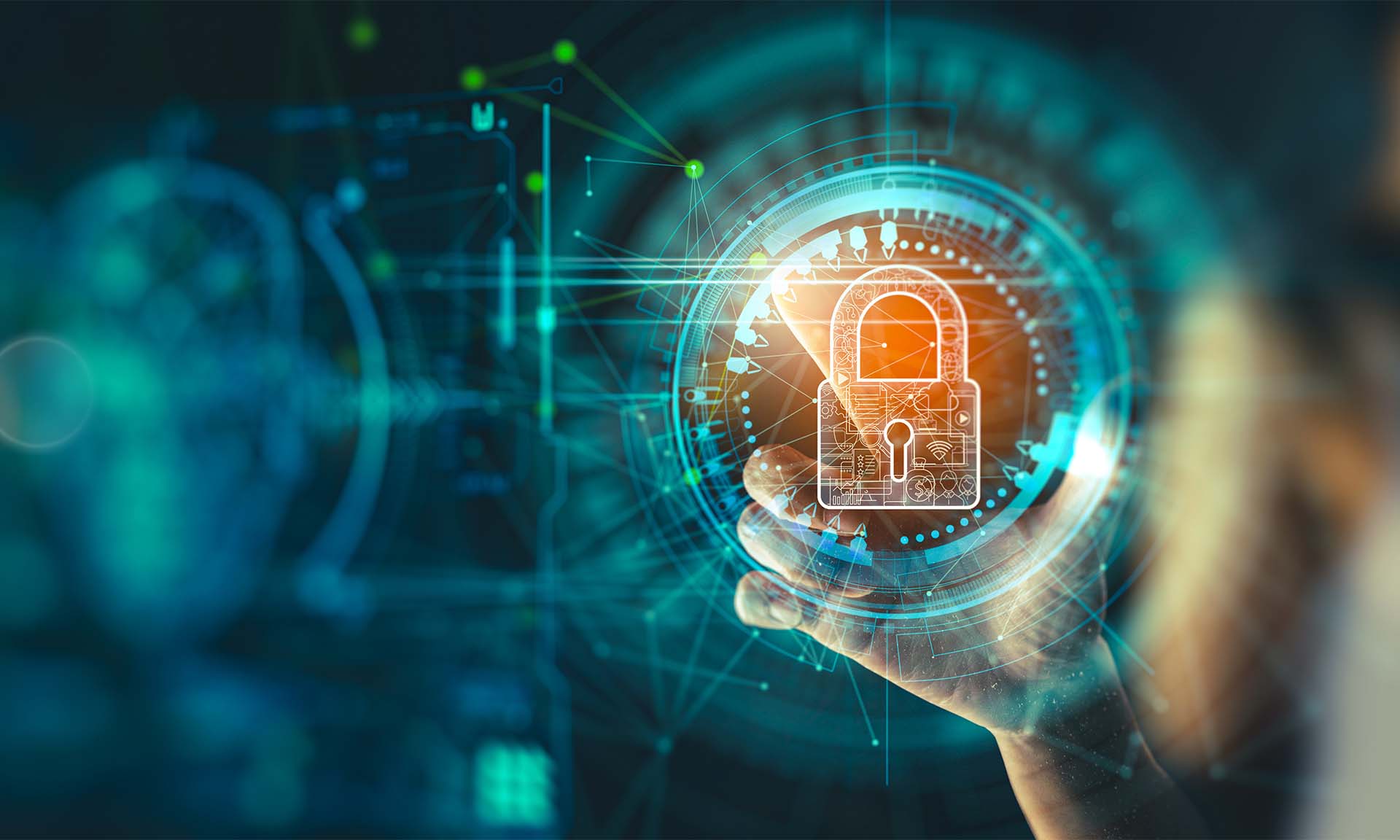There's a real danger when online security measures fail. When a system is compromised, or information gets out, it's not just a technical glitch. It can feel like a part of your peace of mind is gone, dead in a way. The consequences reach far beyond just a stolen password. They touch on our privacy, our finances, and even our reputations. This is why understanding cyber trust insights matters so much, you know.
Keeping our digital spaces safe means actively stopping those who want to cause trouble. It means making sure their plans don't work, or if something does happen, that the damage doesn't spread far. This work, you know, it’s about making sure that the power these bad actors try to get is taken away from them. It’s about building a world where our online interactions are dependable, where our personal information stays personal, and where we don't have to worry about our digital trust insights being completely gone, like a memory that died too soon.
Table of Contents
- George Lopez Show Daughter
- Who Is Nancy Mckeon Married To
- Andre Rison Wife
- Lead Singer Of The Rolling Stones
- Dr Phil Wife
- What Happens When Digital Trust Insights Are Gone?
- The Careful Watchers- Keeping an Eye on Digital Threats
- How Does Digital Protection Really Work?
- Working Together for a Safer Online World
- Why Simple Steps Make a Big Difference- Preventing Digital Trust from Dying
- Are We All Part of the Solution for Cyber Trust Insights?
- Building Strength in Our Most Important Systems
- What About a Career in Keeping Our Digital World Safe?
What Happens When Digital Trust Insights Are Gone?
When bad actors succeed in their attempts to cause trouble online, the feeling of safety we once had can truly feel like it has died. It's more than just a technical issue; it's a deep breach of the trust we place in our digital systems. Imagine, for instance, a small business owner like Dillon. He relies on his online presence for sales and customer communication. If his website is attacked, or customer data is stolen, that trust his customers had in him can vanish. This sort of event means that his digital trust insights, the very foundation of his online business, could be severely damaged, or perhaps even completely gone, in a way that feels very much like a part of his business has died.
The impact of such an event can spread far and wide, you know. It affects not just the immediate targets, but also everyone connected to them. When digital trust insights are compromised, it casts a shadow over the entire online experience. People become hesitant to share information, to make purchases, or even to engage with others online. This hesitation, this loss of confidence, is what happens when that crucial sense of digital dependability dies. It’s a collective feeling of vulnerability that can make the online world feel a lot less welcoming and a lot more risky, in some respects.
Preventing these situations, or at least limiting the damage if they do happen, is incredibly important. When we talk about stopping attacks quickly, or keeping them from spreading, we are essentially talking about taking away the strength of those who want to do harm. Their ability to cause widespread disruption and fear is tied to their success. So, if we can make their efforts fail, or make them less effective, we protect that delicate sense of digital trust. This proactive approach helps ensure that our digital interactions remain reliable, and that the feeling of security doesn't simply die away with each new threat.
- Elvis Presley Grandkids
- The Fan Bus
- Does Michael B Jordan Have Kids
- Hello Kitty Story
- Richard Williams Spouse
The Careful Watchers- Keeping an Eye on Digital Threats
There are groups whose main job is to keep a close watch on the online world, always looking for new threats and sharing what they learn. This work is about being very careful and thorough, making sure that important information about potential dangers gets out to those who need it. They track patterns of attack, new tricks used by bad actors, and the ways these threats might spread. This constant vigilance helps to build and maintain our cyber trust insights. It’s like having someone always checking the locks on your digital doors, you know, and telling you if there's a new way someone might try to get in.
This sharing of information is a big part of how we all stay safer. When a group like CISA, for example, diligently gathers and passes along details about online risks, it gives everyone a better chance to protect themselves. They don't just keep this knowledge to themselves; they make sure it reaches businesses, government bodies, and even regular people. This open approach helps everyone understand the current challenges and how to prepare. It’s a bit like a community watch for the internet, where everyone benefits from shared observations, helping to ensure that our digital trust insights remain strong and don't just die out.
The idea is to be one step ahead, if possible. By understanding how threats work and where they might come from, we can put defenses in place before something bad happens. This kind of diligent observation and communication is a cornerstone of a healthy digital environment. It shows that there are dedicated people working to keep our online experiences secure, which, in turn, helps to build and preserve the collective sense of cyber trust. Without this constant watch, the feeling of safety in our digital lives might very well have died a long time ago, you know.
How Does Digital Protection Really Work?
At its heart, keeping our digital world safe is about protecting all the parts of our online lives. This means looking after our networks, which are like the roads and highways of the internet, making sure no one can just wander in where they shouldn't. It also involves keeping our devices safe – things like our computers, phones, and tablets – so that the information on them stays private. And, of course, it's about guarding our data itself, the pictures, documents, and personal details that live online. This whole practice is about preventing unauthorized access or any kind of criminal use, basically.
A big part of this protection is making sure that information stays confidential. Think about your personal messages or your bank details. You expect those to be private, right? Digital protection works to ensure that only the people who are supposed to see or use that information can do so. It’s about building strong fences and secure gates around our digital belongings. This way, our digital trust insights are maintained, because we know our personal stuff isn't just floating around for anyone to grab. If this protection fails, that sense of privacy, and with it, a part of our digital peace, could feel like it has died.
It's not just about stopping bad things from happening, though; it’s also about having a plan for when they do. Digital protection involves a lot of different methods and tools, all working together to create a secure environment. From strong passwords to special software that spots trouble, every piece plays a part. The goal is to create a reliable online space where people can go about their lives without constantly worrying about digital threats. This careful approach helps us keep our digital trust insights intact, preventing that feeling that our online safety has died, you know, or is just about to.
Working Together for a Safer Online World
Building a truly safe online world isn't something one group can do alone. It needs a shared way of thinking, one that is based on people working together, coming up with new ideas, and everyone taking responsibility for their part. This is a vision that sees government agencies, private companies, and even individuals all contributing to the greater good of online safety. It’s about creating a common goal where everyone plays a role in keeping our digital spaces secure, which helps to build stronger digital trust insights across the board, in a way.
This spirit of working together is what makes a real difference. When different organizations, each with their own special knowledge and skills, come together, they can tackle problems that would be too big for any one of them to handle alone. This teamwork helps to develop better ways to protect against threats and to share those methods widely. It's about combining strengths and resources to create a more resilient online environment for everyone. This kind of shared effort ensures that the feeling of digital trust doesn't just die out because of isolated efforts, you know.
Taking responsibility is also a key part of this shared vision. It means that everyone involved, from the people who design online systems to those who use them, understands their role in maintaining security. This accountability helps to build confidence and ensures that mistakes are learned from, rather than just repeated. It’s a continuous process of improvement and adaptation, always striving to make our digital world more dependable. This commitment to collaboration, new ideas, and responsibility is what keeps our cyber trust insights alive and well, preventing that feeling that our online safety has died, or is in danger of doing so.
Why Simple Steps Make a Big Difference- Preventing Digital Trust from Dying
Sometimes, the most straightforward actions can be the most powerful when it comes to online safety. It’s often the little things that separate a successful online intrusion from one that simply fails. Think about it: setting up a strong password, or being careful about what links you click, these are not complicated tasks. Yet, they can act as a very effective shield against many common threats. These simple steps are a core part of building good digital trust insights, because they empower individuals and groups to protect themselves without needing deep technical knowledge, you know.
Organizations like CISA offer practical advice to help both individuals and larger groups put these simple preventative measures in place. They provide guidance on how to manage online risks effectively, breaking down complex ideas into easy-to-follow steps. This means that even someone like Dillon, who might not be a tech expert, can take meaningful action to secure his online life. These simple actions are often the first line of defense, stopping trouble before it even gets started. They help ensure that our digital trust doesn't just die because of easily avoidable mistakes.
In fact, CISA suggests that every person and every organization should take four key steps. While the exact details of these steps are beyond our current chat, the idea is that these basic actions form a solid foundation for online safety. By following these recommendations, people can significantly reduce their chances of falling victim to online threats. This focus on straightforward, actionable advice is vital for making online safety accessible to everyone, helping to preserve our cyber trust insights and preventing that feeling that our online safety has died, or is about to, very really.
Are We All Part of the Solution for Cyber Trust Insights?
Over time, the effort to make our online world safer has really grown into something bigger than just a few dedicated groups. It’s become a shared project between government and various industries, all working together to make people more aware of online risks. This collaborative approach encourages everyone to take actions that help lower the dangers they face when they are online. It’s about building a collective understanding and a shared responsibility for keeping our digital spaces secure, which, you know, truly strengthens our cyber trust insights.
There's a program called "Secure Our World" that offers a lot of useful help and tips for staying safe online. It’s designed to give people easy access to information that can protect them from common online dangers. For instance, they have tip sheets that explain things in plain language, like how to spot a suspicious email or how to create better passwords. These resources are meant to empower individuals, making it easier for them to contribute to their own safety and, by extension, the safety of the wider online community. For someone like Dillon, these resources are pretty helpful, actually.
The idea is that if more people understand the risks and know what to do, the online world becomes a safer place for everyone. This increased awareness and action by the public helps to create a stronger overall defense against online threats. It’s a bit like everyone locking their doors, which makes the whole neighborhood safer. This collective effort is what keeps our digital trust insights from fading away, preventing that feeling that our online safety has died, or is on its way out. It’s a testament to how much can be achieved when everyone plays a part, sort of.
Building Strength in Our Most Important Systems
As the main group for cyber defense in the country and the national coordinator for keeping vital infrastructure secure, CISA provides important help to make sure these crucial systems can stand strong against trouble. Think of things like power grids, water systems, or even hospitals – these are parts of our infrastructure that simply must keep working, no matter what. CISA offers resources and guidance to the people and organizations who run these systems, helping them to build up their resilience. This means making sure they can handle attacks or disruptions and get back to normal quickly, which is essential for maintaining digital trust insights, you know.
The goal is to ensure that these very important parts of our daily lives don't falter, even when faced with significant online threats. If a power grid, for example, were to be compromised, the impact on everyday life would be immense. CISA's work helps to prevent such scenarios by providing the knowledge and tools needed to protect these systems. This focus on building strength and the ability to bounce back is a key part of their mission. It’s about making sure that the services we rely on don't just stop working, or that their digital components don't simply die when faced with an attack.
This support extends to a wide range of groups who manage these critical systems. It’s about creating a network of informed and prepared organizations that can collectively withstand online pressures. By sharing best practices and offering specialized assistance, CISA helps these groups to identify weaknesses and put stronger protections in place. This proactive approach is fundamental to safeguarding our national security and maintaining public confidence in essential services. It means that our cyber trust insights are continually being reinforced, preventing that unsettling feeling that a vital part of our digital world has died, or is about to, obviously.
What About a Career in Keeping Our Digital World Safe?
If you're someone who is curious and really interested in learning how America protects itself from online threats, then a career in cyber and IT might be something to think about. There are opportunities for people to get started in this field, even as interns. This work is about being on the front lines of digital safety, helping to build the defenses that keep our online lives secure. It’s a chance to contribute to something very important, something that affects everyone, and to help shape the future of digital trust insights for generations to come, you know.
Starting a cyber career with an organization like CISA can offer a unique path into this vital area. They look for people who are passionate about learning and who want to make a difference in the world of online security. This kind of work involves understanding how different systems interact, how threats develop, and how to build strong protections. It’s a field that is always changing, so there's always something new to learn and new challenges to tackle. It's a way to ensure that our collective digital trust insights don't just die out because of a lack of skilled people.
The effort to secure our digital world involves many different groups working together. For instance, the Cybersecurity and Infrastructure Security Agency (CISA) works closely with the Federal Bureau of Investigation (FBI), the Environmental Protection Agency (EPA), and the Department of Energy (DOE). These partnerships show just how broad and important the field of cybersecurity truly is. It touches on so many aspects of our lives, from law enforcement to environmental safety and energy supply. So, for someone like Dillon, looking for a meaningful career, this field offers a chance to be part of something that truly matters, preventing our digital trust from ever feeling like it has died.
Related Resources:



Detail Author:
- Name : Ahmed Rohan
- Username : murray.price
- Email : veda89@larkin.net
- Birthdate : 1978-07-02
- Address : 88941 Mante Coves O'Connermouth, ME 07684-9218
- Phone : +1-570-973-4860
- Company : Bruen, Connelly and Hauck
- Job : Brake Machine Setter
- Bio : Possimus atque possimus enim aperiam amet omnis ipsam. Tenetur dolorem incidunt illo aperiam modi consequatur. Tempore et aliquid aperiam tempore quae. Repellat autem doloribus quia et optio.
Socials
facebook:
- url : https://facebook.com/adelia9514
- username : adelia9514
- bio : Libero praesentium non esse amet. Temporibus ea impedit dolores.
- followers : 6112
- following : 252
linkedin:
- url : https://linkedin.com/in/adelia_official
- username : adelia_official
- bio : Enim eaque nihil ea perferendis culpa voluptas.
- followers : 5700
- following : 2725